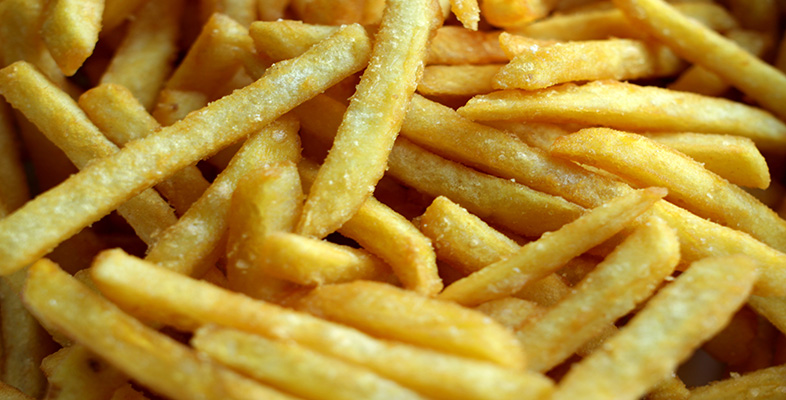2.8 Summary of Section 2
Obesity is determined by a number of factors including environmental variables, such as the macronutrient content, energy density and fat content of available diets. Using whole room indirect calorimetry it has been found that humans are not good at recognizing the difference between low and high energy diets. Furthermore fat is less good at inducing satiety than are either carbohydrate or protein.
An evolutionary perspective offers an explanation for our inability to choose diets of appropriate energy density, and it is based on an assumption that we are adapted to survive in a very different environment to the one that currently prevails in developed countries.
Palatable foods appear to stimulate the mesolimbic dopamine system (a system also stimulated by sex and drugs such as cocaine). Feeding may be associated with increased release of dopamine in this system. Obese individuals have lower dopamine receptor availability in this system but it is not known whether this is cause or effect.
Increased weight with age might be a consequence of a reduced pattern of activity or a decrease in basal metabolic rate but, when measured in a longitudinal study, it might be attributable to cultural changes in eating habits.
Evidence that body weight has a heritable component comes from studies of adopted individuals and their biological and adoptive parents.
The thrifty genotype hypothesis has been proposed to explain the tendency for some specific groups to veer toward obesity when exposed to the energy- dense diets of the developed world.
A few cases of obesity are attributable to gene defects. These include an inability to produce leptin and faults in the production of human MC4 receptors.
It is notoriously difficult to persuade overweight individuals to stick to a regime that involves taking exercise and reducing calorific intake. Feeding is a pleasurable experience, and hopefully a better understanding of its cellular basis will facilitate the development of drugs that will reduce the food reward and hence appetite.
